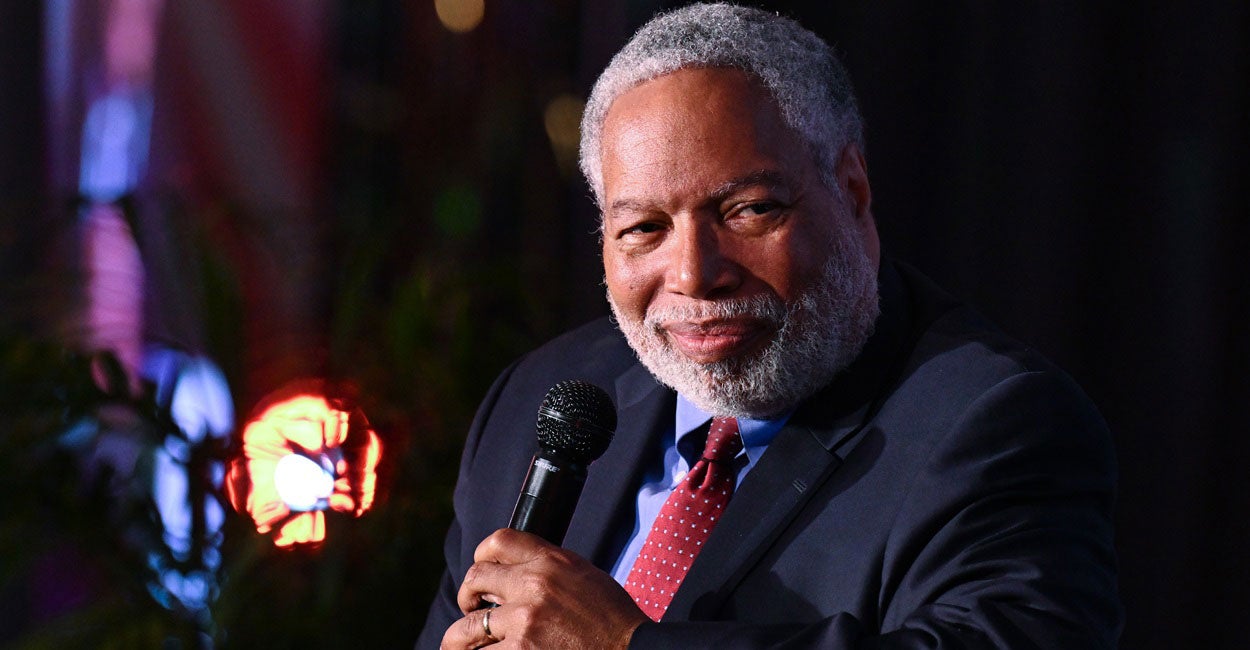Profound mystery lies at the heart of Christmas — and Christians must embrace it


This weekend, I saw a person on X bemoaning the fact that Christians believe so many supernatural things. This guy praised multiple ethical teachings of Christianity and then framed Christianity as something that would be much more palatable if we weren’t so insistent on the miracles.
The miracles can seem like a stumbling block in the minds of those who are committed to a closed universe, a universe in which there is no God at work. Some people prefer a more deistic approach to things: If there is a God, he is remote because he withdrew after he set everything in motion. From that standpoint, natural laws are the way things are and the way things will always be.
Getting rid of the miraculous might be an appealing strategy to some people, because — from a secular view — non-miraculous teachings and stories are easier to believe.
But to excise the miraculous from Christianity is to end up with something other than Christianity.
This tactic didn’t work when Thomas Jefferson purged miracles from the four Gospels and retained the moral teachings of Jesus (a project that became known as the Jefferson Bible). According to Paul in 1 Corinthians 15:12-20, the teachings of Christianity rest upon the truth of a historical bodily resurrection of Jesus. This miracle, however, follows many previous ones.
The miraculous pervades the stories of Scripture.
The Israelites flee from the Egyptians through standing walls of water. The Lord feeds his people for decades with manna on the ground every morning. Moses strikes a rock from which water flows for the thirsty people. The walls of Jericho fall after the Israelites followed specific marching instructions and a musical cue. Elijah calls down fire from heaven, and later he is taken to heaven apart from an earthly death. Shadrach, Meshach, and Abednego emerged from a fiery furnace unharmed and un-singed.
If Jesus were conceived in the way everyone else has been conceived, then the Gospel writers are telling falsehoods.
On and on we could go. And then we come to the New Testament, where the ministries of Jesus and the apostles (in the four Gospels and the book of Acts) brim with the miraculous.
John called Jesus’ miracles “signs,” and in John 20:30 he said, “Now Jesus did many other signs in the presence of the disciples, which are not written in this book.”
So yes, the Gospel writers tell of Jesus’ miracles, but the ones we read about are not even exhaustive.
My emphasis on the miraculous to this point is so that we can remind ourselves of the following truth: Christians believe in the virginal conception of Jesus. Because we are a people of the Book, we should submit to and receive whatever God has made known about his will and ways in the world. And from an angelic messenger, a virgin named Mary learned of God’s miraculous plan to accomplish the promised redemption through a promised son.
Gabriel told Mary, “Behold, you will conceive in your womb and bear a son, and you shall call his name Jesus” (Luke 1:31). Furthermore, he told her, “The Holy Spirit will come upon you, and the power of the Most High will overshadow you; therefore the child to be born will be called holy — the Son of God” (Luke 1:35).
Gabriel’s words are the language of the miraculous. The power of God will be at work, and Mary will conceive in her womb. This truth about the conception of Jesus is not expendable. If Jesus were conceived in the way everyone else has been conceived, then the Gospel writers are telling falsehoods. And if Jesus were conceived in the way everyone else has been conceived, then his human nature has been corrupted by sin. If Jesus were corrupted by sin, then he wouldn’t be able to bring salvation because he himself would need salvation.
Don’t shirk away from the miraculous in Christianity. Don’t be embarrassed by it. Believe it, sing it, teach it, and defend it.
Again: Christians believe in the virginal conception of Jesus.
Through the miracle of the incarnation, the Word became flesh. The eternal entered time. The exalted one humbled himself. Mary held the one by whom and for whom all things were made.
J.I. Packer writes of the great mystery that is found in the doctrine of “the Christmas message of Incarnation,” saying that, “The really staggering Christian claim is that Jesus of Nazareth was God made man — that the second person of the Godhead became the 'second man' (1 Corinthians 15:47), determining human destiny, the second representative head of the race, and that he took humanity without loss of deity, so that Jesus of Nazareth was as truly and fully divine as he was human."
Staggering indeed! But that’s the impact of the miraculous. The notion of God’s power is not some ho-hum thing. God’s power is jaw-dropping, awe-inducing, and praise-prompting. Mary herself said, “My soul magnifies the Lord, and my spirit rejoices in God my Savior” (Luke 1:46-47).
That’s exactly the right response.
Through the incarnation of the Son of God, the light of salvation dawned upon the world. Rather than being some extraneous issue, the virginal conception of Jesus is integral to what we Christians confess about Jesus. He is the Son of God, with truly divine and human natures. He was born without sin and lived without sin, so that he could die beneath our sin. Now, raised and ascended, the incarnate Son is our perfect mediator and sin-pardoning savior.
Don’t shirk away from the miraculous in Christianity. Don’t be embarrassed by it. Believe it, sing it, teach it, and defend it.
Christians believe in the virginal conception of Jesus and many other miracles as well. And it should make us, like Mary, magnify the Lord and rejoice in God our savior.
This essay was originally published at Dr. Mitchell Chase's Substack, "Biblical Theology."
Originally Published at Daily Wire, Daily Signal, or The Blaze
What's Your Reaction?
 Like
0
Like
0
 Dislike
0
Dislike
0
 Love
0
Love
0
 Funny
0
Funny
0
 Angry
0
Angry
0
 Sad
0
Sad
0
 Wow
0
Wow
0









































































